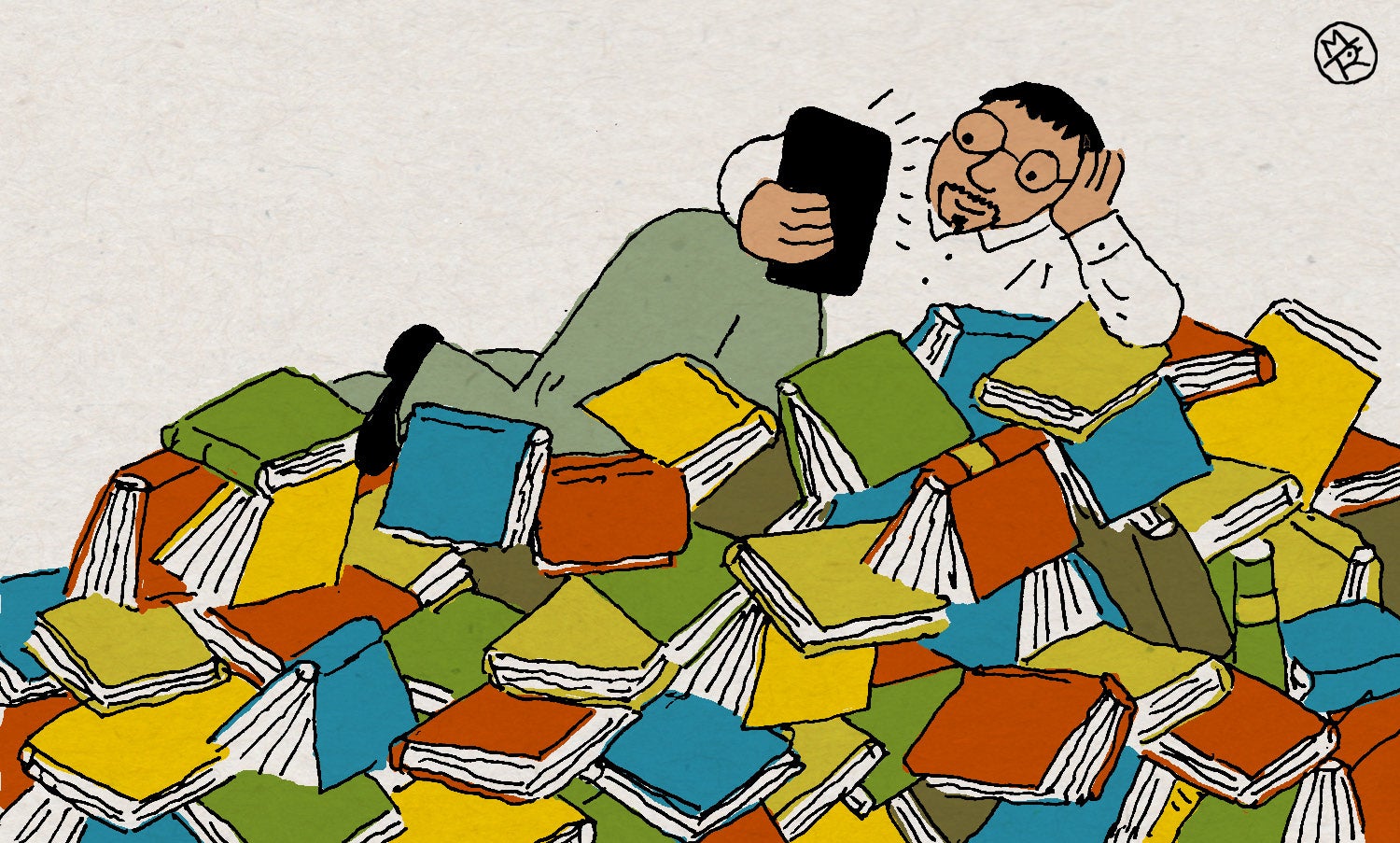“American Shtetl: The Making of Kiryas Joel, a Hasidic Village in Upstate New York,” by Nomi M. Stolzenberg ’87 and David N. Myers (Princeton University Press)

Incorporated in 1977, the village of Kiryas Joel was designed as a strictly observant Jewish community that rejected secular society. Yet despite being modeled after the Jewish communities of pre-World War II Europe known as shtetls, Kiryas Joel remains rooted in the landscape of America, write the authors, a result of “unwitting assimilation.” The book chronicles how the community became entwined with more sweeping claims for religious liberty and more recently mirrored the political stances of the evangelical right, particularly in protests against COVID-19 pandemic restrictions. The story of Kiryas Joel, they write, “illuminates the deep tensions between competing visions of law, politics, and religion that so roil public life in this country today.”
“Bittersweet: How Sorrow and Longing Make Us Whole,” by Susan Cain ’93 (Crown)
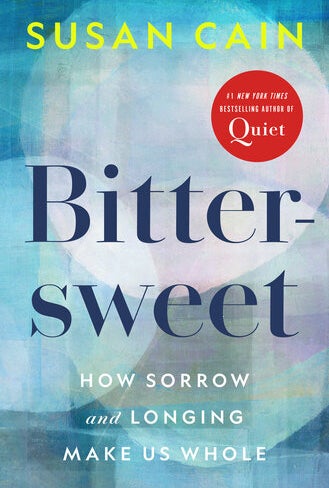
Author of the book “Quiet,” a celebration of introverts, Susan Cain turns to an appreciation of the bittersweet, which she describes as “a tendency to states of longing, poignancy, and sorrow; an acute awareness of passing time; and a curiously piercing joy at the beauty of the world.” Her love of listening to sad Leonard Cohen songs in her dorm at Harvard Law spurred her to consider the mysterious power of melancholy, and to explore questions including whether creativity is associated with sorrow and longing, and how we cope with lost love. She also examines the “tyranny of positivity” in American culture and how to transcend it. Cain ends the book by contemplating the ultimate bittersweet reality: our mortality, which connects us all.
“Coup: A Story of Violence and Resistance in Bolivia,” by Linda Farthing and Thomas Becker ’08 (Haymarket Books)
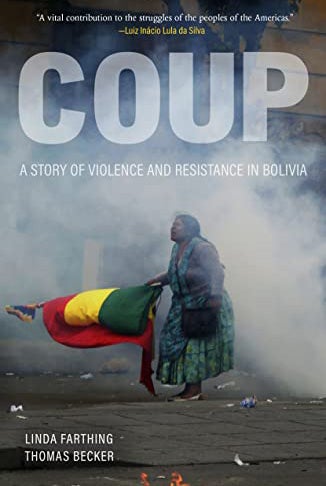
After 14 years of governance by the Movement for Socialism in Bolivia (or MAS, as the party is known), which the authors contend helped improve health, education, and incomes in the historically poor country, the military and police forced its leader Evo Morales to resign in the aftermath of a dispute about the 2019 election, leading to the installation of a new government. Linda Farthing, who covered these events as a journalist, and Thomas Becker, who documented abuses by the new government for Harvard Law School’s International Human Rights Clinic, chronicle the history of MAS; the aftermath of what they document as a coup, including a massacre of protesters; and the victory of new MAS leadership in a 2020 election. The events in Bolivia also highlight the rise of authoritarian movements and the threats of coups elsewhere, they write.
“The Devil Never Sleeps: Learning to Live in an Age of Disasters,” by Juliette Kayyem ’95 (PublicAffairs)
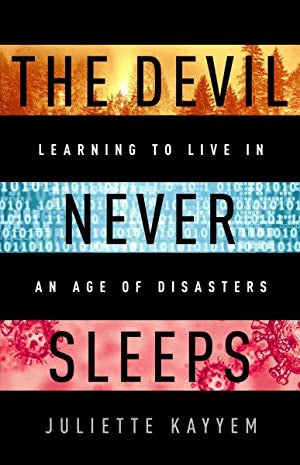
A former assistant secretary of Homeland Security now on the faculty at the Harvard Kennedy School, Juliette Kayyem is an expert on crisis management and disaster response. In an era of recurring catastrophes, we all need to be experts now, she argues, and offers advice on how to respond to the disasters that will inevitably come but whose severity we can mitigate. Citing examples ranging from a cyberattack against Sony to the Deepwater Horizon explosion, she shows the consequences of failing to train or prepare for contingencies. We’re hampered by the “preparedness paradox,” which causes us to think that successful measures seem like a waste of time, such as when disaster was averted by preparing for Y2K technology failures. Yet she counsels that we must learn to accept that a day without a disruption is not the norm, and overreacting is far less of a problem than underreacting.
“Hearts Touched with Fire: How Great Leaders are Made,” by David Gergen ’67 (Simon & Schuster)
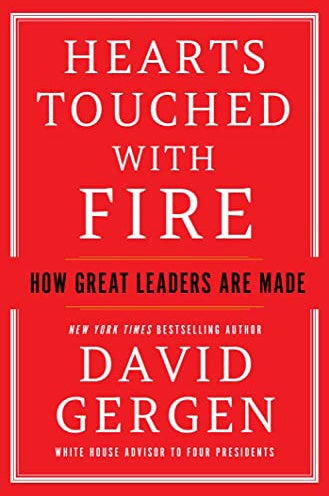
Calling for new, fresh leaders to step into our civic life, David Gergen shares what he has learned about the development of leaders through his half century in the public arena, including as an adviser to four presidents. Now professor and founding director of the Center for Public Leadership at the Harvard Kennedy School, he offers advice on establishing core values and principles, and on surviving “crucibles” that one will inevitably experience. Using examples ranging from John Lewis to young activists like Greta Thunberg, he also touches on the tools and skills leaders need for success. While character and courage are crucial for leadership, Gergen writes, so too are having an understanding of history, an integrated life, and a sense of humor.
“Industry Unbound: The Inside Story of Privacy, Data, and Corporate Power,” by Ari Ezra Waldman ’05 (Cambridge University Press)
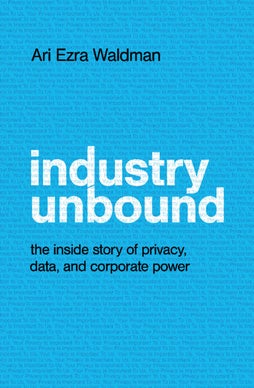
Based on several years of fieldwork, including interviews with many employees of technology companies who influence privacy practices, the book argues that professionals in the industry tell the public they care about privacy while undermining it in practice. Ari Waldman chronicles how technology companies stifle privacy and normalize anti-privacy practices, making it difficult for consumers to adopt their preferences for how their own information will be shared. Framing privacy as a “democratic tool of resistance to corporate power,” the author calls for enacting “new and radically different” privacy laws that will change how technology companies operate and for professionals within the industry to focus on their responsibilities to consumers.
“Midnight in Washington: How We Almost Lost Our Democracy and Still Could,” by Adam Schiff ’85 (Random House)
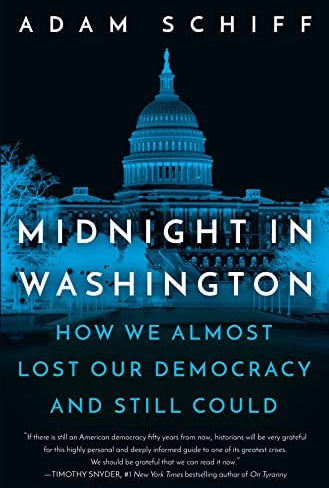
Starting with a description of his experience at the Capitol building during the Jan. 6 insurrection, U.S. Rep. Adam Schiff, a Democrat from California, details his life before politics and the stances he took that made him a self-described “liberal lightning rod” during the Trump presidency. The book includes accounts of his work on investigations into alleged Russian interference in the 2016 presidential election and his role in the first impeachment proceeding against President Trump. While lamenting today’s political discourse and criticizing the current state of the GOP, he praises public servants like Alexander Vindman and Capitol Police Officer Eugene Goodman, whose selflessness and love of country give him hope for America’s future.
“The Poseidon Project: The Struggle to Govern the World’s Oceans,” by David Bosco ’01 (Oxford University Press)
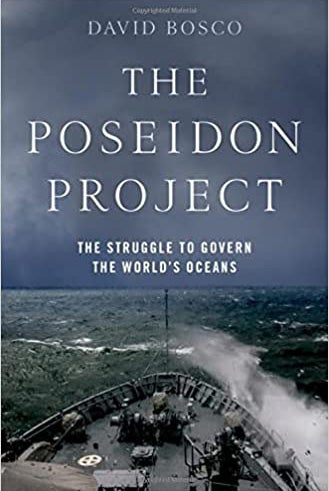
For centuries, the oceans have been managed under the doctrine of “freedom of the seas” — typically meaning that they are governed differently from land and subject to unimpeded access. Yet that freedom is eroding, writes the author, with sovereign nations exerting more control. David Bosco chronicles the history of the laws of the sea and shows how more recent competition for resources has pushed both governments and private entities farther off the coast. “Over the centuries, the oceans have become comprehensible, accessible, and exploited in ways that earlier generations could scarcely contemplate,” he writes. In the future, disputes over resources may intensify while governments may advance new efforts to protect the oceans.
“The Proof: Uses of Evidence in Law, Politics, and Everything Else,” by Frederick Schauer ’72 (Harvard University Press)
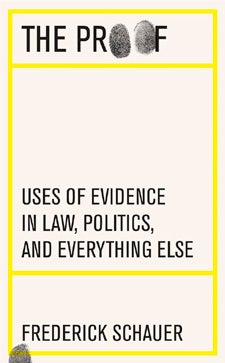
From the trivial, such as whether Elvis Presley is still alive, to impactful matters such as the safety of COVID-19 vaccines, people often question what is a fact. The question is important in its own right but even more so because the answer provides the foundations of our personal choices and public policy, writes Frederick Schauer. Using examples ranging from art authentication to climate change, the professor of law at the University of Virginia explores how we determine what is or what is not a fact, often based on the testimony of others. How much evidence we have matters when assessing facts, he writes, yet sometimes, when people are motivated to draw a certain conclusion, they simply see what they want to see.
“South to America: A Journey Below the Mason-Dixon to Understand the Soul of a Nation,” by Imani Perry ’00 (HarperCollins)
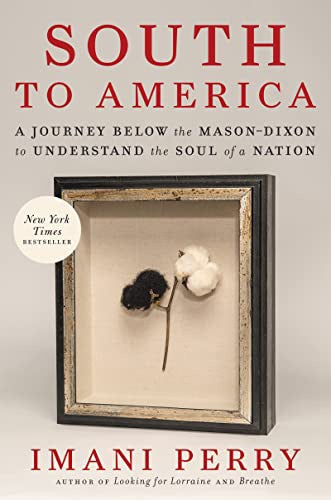
A native of Alabama, Imani Perry, now a Princeton University professor, returns to the South to consider its past and present and its influence on the rest of the nation. The South she surveys includes places as disparate as Tobacco Road in the Bible Belt; Atlanta, the “king of the South,” a center of Black music and culture; and Florida from Jacksonville to South Beach. Revealing moments include encounters with a Confederate reenactor in Harper’s Ferry and a docent in a historic museum home in Maryland who whispers the word “slavery” to Perry, a Black woman. Paying attention to the South, she writes, “allows us to understand much more about our nation, and about how our people, land, and commerce work in relation to one another, often cruelly, and about how our tastes and ways flow from our habits.”
